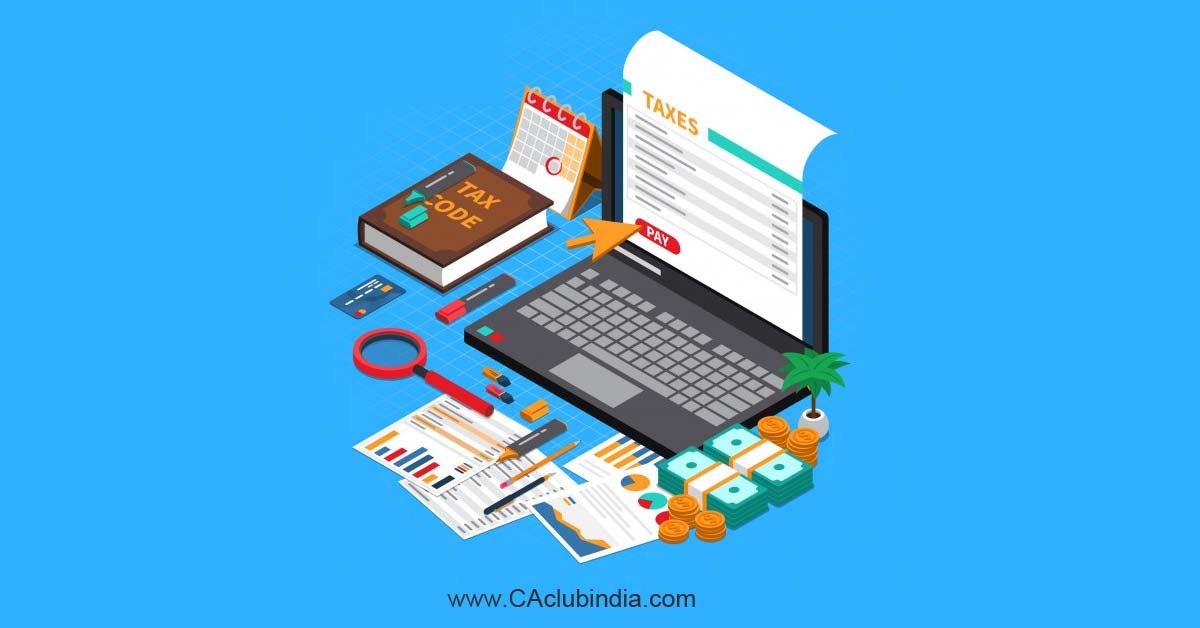General Principles for deductions under PGBP
Sections 30 to 37 of Income-tax Act provide for the deductions to be allowed while computing profit under the head 'Business or Profession'. There are various types of expenses varying from business to business and according to the nature of the unit. Under these sections, an effort was made to enlist every type of expense. But this list is not the final list; any other expenditure if at all incurred for earning a particular income, the same shall be allowed as deduction to calculate the real profit. The admissibility of an item of expenditure is governed by the following general principles. These are:
1. Any expenditure incurred in consideration of commercial expediency and on the basis of the principles of ordinary commercial trading is allowed as deduction.
2. Commercial expediency simply means the expenditure made by prudent man for the purpose of his business, in the best interest of his business or any other expenditure incurred totally, and exclusively for the purpose of the business.
3. Any other expenditure which was incurred in the carrying on of the business or profession and is incidental to such business or profession.
4. Only those expenses are allowed which are not prohibited, expressed or implied.

5. In the case of a new business, accounting year commences on the date when the business is set up. Expenditure incurred prior to setting up cannot be allowed as it falls outside the accounting year. So deductions are made regarding those expenses only which are incurred in the relevant accounting year. Each accounting year is separate and distinct one.
6. Deduction is to be made from the business for which the expenses were made. In case of more than one business, the expenses of one cannot be charged from the other in any case.
7. The expenditure of a business which was discontinued before the commencement of the accounting year cannot be charged from the existing business. A general rule in such cases is that the expenses of a dead business become capital loss.
8. In case of a single transaction all expenses are allowed whether incurred in that accounting year or earlier to that.
9. A partner is allowed a deduction from his share of income from the firm's profit such expenses which he might have incurred in earning this partnership profit.
10. Only expenses are allowed to be deducted while the loss of any type is not allowed without considering its nature.
11. Capital expenditure is not allowed.
12. Expenditure which is deductible for income-tax purposes is one which is towards a liability actually existing at the time but putting aside a money which may become expenditure on the happening of an event is not expenditure.
13. Deduction will be allowed in case of only those expenses which have been incurred for the purposes of the assessee's own business.
14. Any amount previously allowed as deduction, if the same is recovered, will be taxable in the year in which it is so recovered.
15. The onus of proof that a particular expenditure is permissible as a deduction falls upon the assessee.










 CAclubindia
CAclubindia
